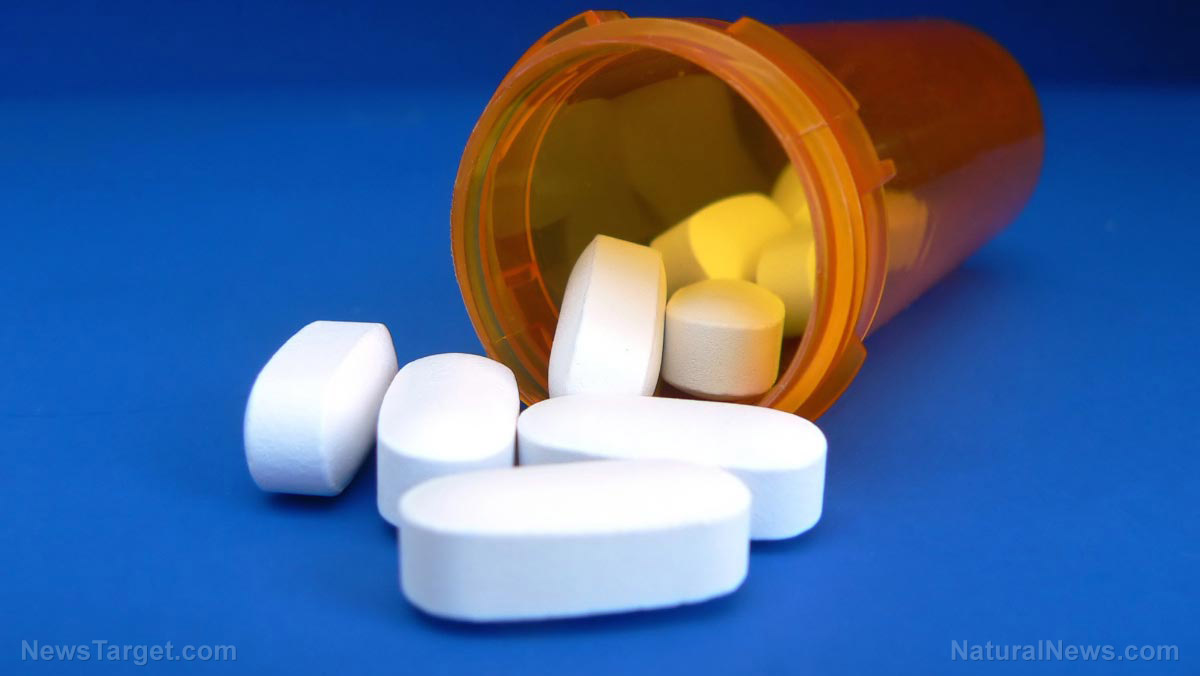
Advertisement
Medical emergencies can happen at any moment. You might think that the basic first aid kit that you can pick up from your local pharmacy will be enough to treat any emergency situation, but you can take it a step even further. Here are the essential medical supplies that you should pack for your survival cache. (h/t to Survivopedia.com)
Alcohol
You will need alcohol or hydrogen peroxide to disinfect any wounds and keep them free from disease-causing germs and bacteria.
Cotton balls
Since you won’t be pouring alcohol directly onto an open wound, you will need cotton balls that you can soak in alcohol or other disinfectants to gently dab at the wound. You can also use the cotton balls to apply ointment on your skin.
Fine-pointed tweezers
You can use a pair of tweezers to remove gravel or dirt from an open wound or tiny splinters from your skin.
Medical face mask
To prevent the spread of infection, you should wear a medical face mask when treating persons who are sick with communicable diseases.
Sterile gauze pads and bandages
Stock up on a variety of gauze pads and bandages to treat burns, cuts, and wounds of any size. (Related: A list of medical supplies you need to be stockpiling NOW before SHTF.)
Band-aids
Gauze pads and bandages do not typically come with adhesives, but regular band-aids do. Use them for small flesh wounds, surface wounds, minor injuries, and paper cuts.
Medical tape
Medical tape holds bandages in place.
Medical scissors
Medical scissors are tougher and more durable than regular scissors to let you cut through tough clothing to get to the injured area underneath.

Thermometer
A person’s body temperature if often an indicator of a possible infection. Use a thermometer to frequently check if a person’s temperature is within the normal range.
Antibacterial creams and ointments
Apply these topically on an injured area to kill bacteria and prevent infections.
Blood pressure machine
Dropping blood pressure levels can indicate internal bleeding. Use this device to monitor a person’s blood pressure levels.
Quick clot gauze
If a person is bleeding badly from an external wound, you can speed up the clotting process by wrapping the wound using bandages with pre-embedded clotting agents.
Trash bags
Large commercial trash bags are useful for containing or disposing of medical waste and/or human waste products. Be sure to mark them properly if they are used to contain biohazardous material.
LED flashlights
Medical emergencies may happen at night or when the power is out. In case of such scenarios, pack light and compact LED flashlights for emergency sources of light. They are also battery-friendly and will last longer than incandescent lights.
Bouillon cubes
This might seem like an unusual addition to your medical supplies, but they can come in handy when an ill person needs an emergency dose of electrolytes. Simply dissolve these cubes in warm water and let the patient drink the mixture.
Sugar and salt
You may have heard of the saying that “a spoonful of sugar makes the medicine go down.” While that might work in some cases, that is not the main reason why sugar and salt should be on your list of medical supplies. When mixed together with water, sugar and salt can create a highly effective rehydration fluid to help you recover from diarrhea or any other condition that requires rehydration. Simply mix three tablespoons of sugar with one teaspoon of salt and one liter of clean water.
Sources include:
Submit a correction >>
This article may contain statements that reflect the opinion of the author
Advertisement
Advertisements
















